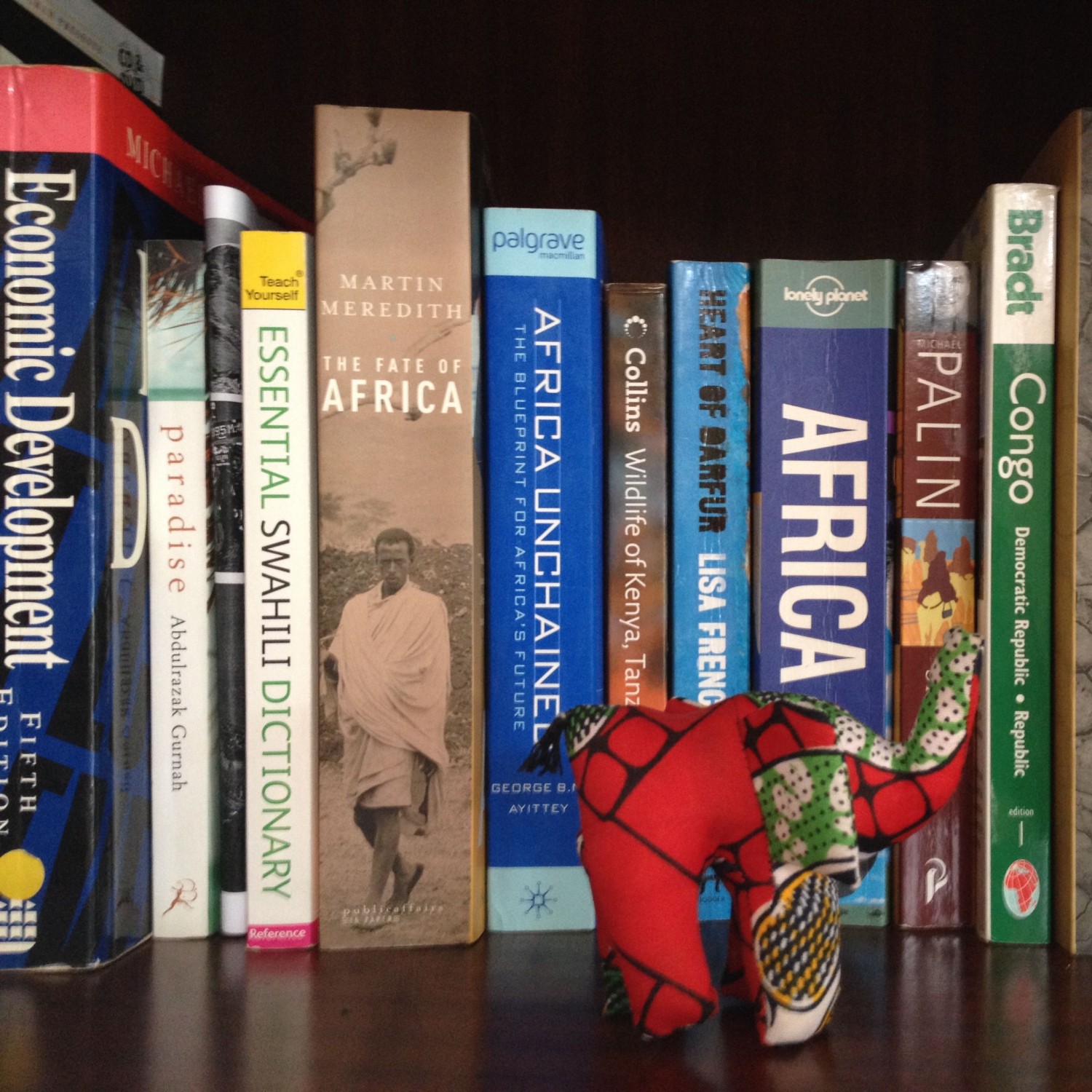Nigeria is one of the most prolific and well-known sources of English language African literature in the continent – particularly by African authors themselves. Much of this probably has to do with the size of the population and English language, but I’m sure there are other factors that I’m not too aware of at play.
Nigeria has been home to one of my all time favorite authors – Chimamanda Ngozi Adichie. So it is a good place to start my African reading journey. I’ve read three of her books now and I’ve enjoyed each one of them. My favorite being her latest: Americanah – which has received wide spread raving reviews. It’s largely a migrant story of a Nigerian girl and boy who migrate to the United States and London. How they stay connected to their home, how they experience life in a new country, and how they do or don’t stay in contact with each other. Many of the books that will feature in this blog are of a migrant’s experience in the ‘more developed’ west. And Americanah is a very accessible, interesting and fun read.
Her other two books are centered squarely of life in Nigeria. Her debut novel, Purple Hibiscus is about the family life a girl which changes with the coming of conflict and war. It was shortlisted for the Orange Prize and won the Commonwealth Writers Prize for Fiction in 1995. Half of a Yellow Sun, which has been turned into a movie released this year, is a much more sweeping novel of families centered around two grown up twin sisters during the Biafra war in the 1960’s. Having grown up in the west, I’d never heard of Biafra before let alone the destructive conflict and famine that rocked Nigeria. The story is one of my favorites to read- fiction based very closely of real life events. The personal, and the broader political. So that you learn about a period of time while being totally absorbed but how this affected peoples lives on a daily basis. The characters are engaging, and even though bad things happen along the way, the book leaves you with a sense of richness for having read it and learnt a little of the story of Biafra. I look forward to seeing the movie.
Chimamanda is the latest young authors to stem from the grandfather of modern novelists in Nigeria, Chinua Achebe. His story of life in a Nigerian town in the days of colonialism and Christian missionaries is immortalized in that orange book jacket that is a penguin classic – Things Fall Apart. I’m not sure how many other African authors can share that honour – I’ll have to check. Wikipedia describes Things Fall Apart as the most widely read book of modern African literature. His story is one mixed with a feeling of magic and has a bit of a dream-like quality to it. I often find books in this style a little harder to read – must be my personality type – but as with many African books it centers around the strong influences that community, leadership, family and obligation play in people’s lives.
There’s a great short story competition for African writers that short lists then awards a prize for the best short story of a writer of African heritage, the Caine Prize for African Writing. Nigerians always feature strongly and I remember the winner of the 2012 Prize, Rotimi Babatunde’s short story ‘Bombay’s Republic’. Its about about Nigerian soldiers who fought in the Burma campaign during World War II. You can read it here: http://mirabilia.webs.com/
Another interesting collection of short stories is that of A. Igoni Barrett in his collected Love is Power or Something Like That. I’m not usually a huge fan of short stories, but most of them in his published book are interesting snippets of different peoples lives in modern Nigeria- the old woman who’s children have all moved overseas, the young boy trying to help his family despite an absent father and an alcoholic and broke mother, the cop with corrupt and dirty colleagues (and personal history), the young boy who skips school to spend his days at the Internet cafe trying to dupe naive westerners into parting with their money for love.
I don’t know too much about Nigeria. Recently it had an update assessment of its GDP and now ranks as the largest economy in Africa. Much of this is due to its massive oil reserves which fuel not only growing foreign reserves but also large scale corruption. There’s a great piece on the other story of the oil boom here on HBO’s Vice. What I do know is that Nigeria has produced some impressive writers and I’m sure that this is just the ‘Part 1’ of my Nigerian reading journey.

